Summary:
ChatGPT in healthcare revolutionizes patient engagement, offering virtual consultations, personalized health plans, and language barrier solutions. Despite challenges like accuracy concerns and data privacy, ChatGPT enhances communication, educates patients, and potentially reduces healthcare costs. As technology evolves, it holds promise for a future where patients access personalized, timely healthcare information for improved outcomes.
Introduction
Get ready for a major shift in the healthcare industry! Artificial intelligence (AI) is taking the world by storm, and the healthcare sector is no exception. One of the most exciting AI breakthroughs is ChatGPT, a groundbreaking language model developed by OpenAI. ChatGPT has already made waves in various fields, and now it’s poised to transform patient engagement and support in healthcare. In this blog post, we’ll dive into how the expertise of ChatGPT is set to revolutionize the way in healthcare industry manages our health.

Understanding the Basics of ChatGPT and Its Use in Healthcare
In healthcare, ChatGPT can be used for a variety of purposes, such as virtual consultations, creating personalized health plans, and improving patient education and understanding. By using ChatGPT, doctors and nurses can easily communicate with patients, providing accurate information and answering questions in a way that is easy to understand. Besides this, ChatGPT can be used for triage and symptom checking, making it a valuable tool for remote consultations.
In addition to being a valuable resource for general medical inquiries, ChatGPT exemplifies the potential of advanced AI technologies in medical education. Take, for instance, the OSCEGPT case study, a groundbreaking initiative by Creole Studios aimed at revolutionizing medical education and enhancing clinical skills.
How ChatGPT Could Boost Patient Engagement
ChatGPT has the potential to significantly boost patient engagement through various avenues:

- Enabling Virtual Consultations and Telemedicine with ChatGPT: ChatGPT can facilitate virtual consultations by providing immediate assistance and guidance to patients, enhancing the effectiveness and efficiency of telemedicine services.
- Personalized Health Planning using ChatGPT: ChatGPT can analyze a patient’s medical history and provide personalized health plans, including recommendations for diet, exercise, and medication, to improve patient adherence and outcomes.
- Enhanced Patient Education and Comprehension with ChatGPT: By simplifying medical jargon and providing detailed explanations, ChatGPT aids in patient education and ensures a better understanding of medical conditions and treatments.
- Triage and Symptom Checking with ChatGPT: ChatGPT can assist in initial symptom assessment and triage, guiding patients to appropriate care based on their reported symptoms, potentially improving healthcare resource allocation.
- Breaking Language Barriers in Healthcare with ChatGPT: ChatGPT can overcome language barriers, ensuring that healthcare information is accessible to individuals who speak different languages.
Read More: Supercharge Your Sales and Elevate Customer Engagement with ChatGPT
- Amplifying Patient Engagement through ChatGPT: Real-life success stories highlight how ChatGPT has significantly improved patient engagement, leading to enhanced patient satisfaction and outcomes.
- Cost-Efficiency with ChatGPT: Through efficient communication and guidance, ChatGPT has the potential to reduce unnecessary visits to healthcare facilities, ultimately contributing to reduced healthcare costs.
- Enhancing the Patient Experience with ChatGPT: Integrating ChatGPT into healthcare processes can enhance the overall patient experience by providing a more user-friendly and accessible means of interaction.
- Ethical Considerations and Limitations of ChatGPT in Healthcare: While ChatGPT offers immense promise, it’s important to acknowledge and address ethical concerns, such as privacy and data security, to ensure responsible use in healthcare.
The Challenges of Using ChatGPT in Healthcare
Integrating ChatGPT, or any AI-powered technology, into the healthcare sector is not without its set of challenges and potential limitations. Understanding and addressing these hurdles is crucial for responsible and effective implementation in healthcare settings:
Accuracy and Reliability:
- Challenge: AI systems like ChatGPT rely on the data they are trained on, which might not always be perfectly accurate or reliable, especially in the context of complex medical information.
- Mitigation: Continuous training and fine-tuning of ChatGPT with accurate and verified medical data can enhance its accuracy and reliability over time.
Privacy and Data Security:
- Challenge: Healthcare data is highly sensitive and subject to strict privacy regulations. Using an AI system like ChatGPT raises concerns about data privacy and security.
- Mitigation: Implement robust data encryption, comply with healthcare data privacy laws (e.g., HIPAA), and ensure that patient data is anonymized and used securely.
User Trust and Acceptance:
- Challenge: Patients and healthcare professionals may be skeptical about relying on AI for critical healthcare interactions due to concerns about trust and understanding the AI’s limitations.
- Mitigation: Educate users about how ChatGPT functions, its capabilities, and its limitations. Transparently communicate that ChatGPT is a tool to augment, not replace, healthcare professionals.
Ethical Considerations:
- Challenge: Ethical dilemmas may arise concerning AI’s involvement in medical decision-making, accountability, and potential biases in the data used for training.
- Mitigation: Establish clear ethical guidelines for the use of ChatGPT in healthcare, ensuring that it adheres to principles like fairness, transparency, and accountability.
Integration and Workflow Optimization:
- Challenge: Incorporating ChatGPT seamlessly into existing healthcare workflows and systems can be challenging.
- Mitigation: Work closely with healthcare professionals to understand their workflow and tailor the integration of ChatGPT to enhance efficiency without disrupting the existing processes.
Final Thoughts
ChatGPT, developed by OpenAI, holds immense promise in transforming patient engagement and support in healthcare. As the technology continues to evolve, ChatGPT developers play a pivotal role in refining and optimizing its functionalities for the specific needs of the healthcare industry. The integration of ChatGPT in healthcare offers a glimpse into a future where patients have better access to personalized, timely, and accurate information, ultimately leading to improved healthcare outcomes.
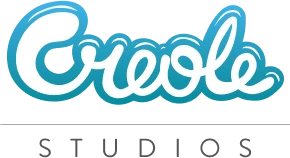

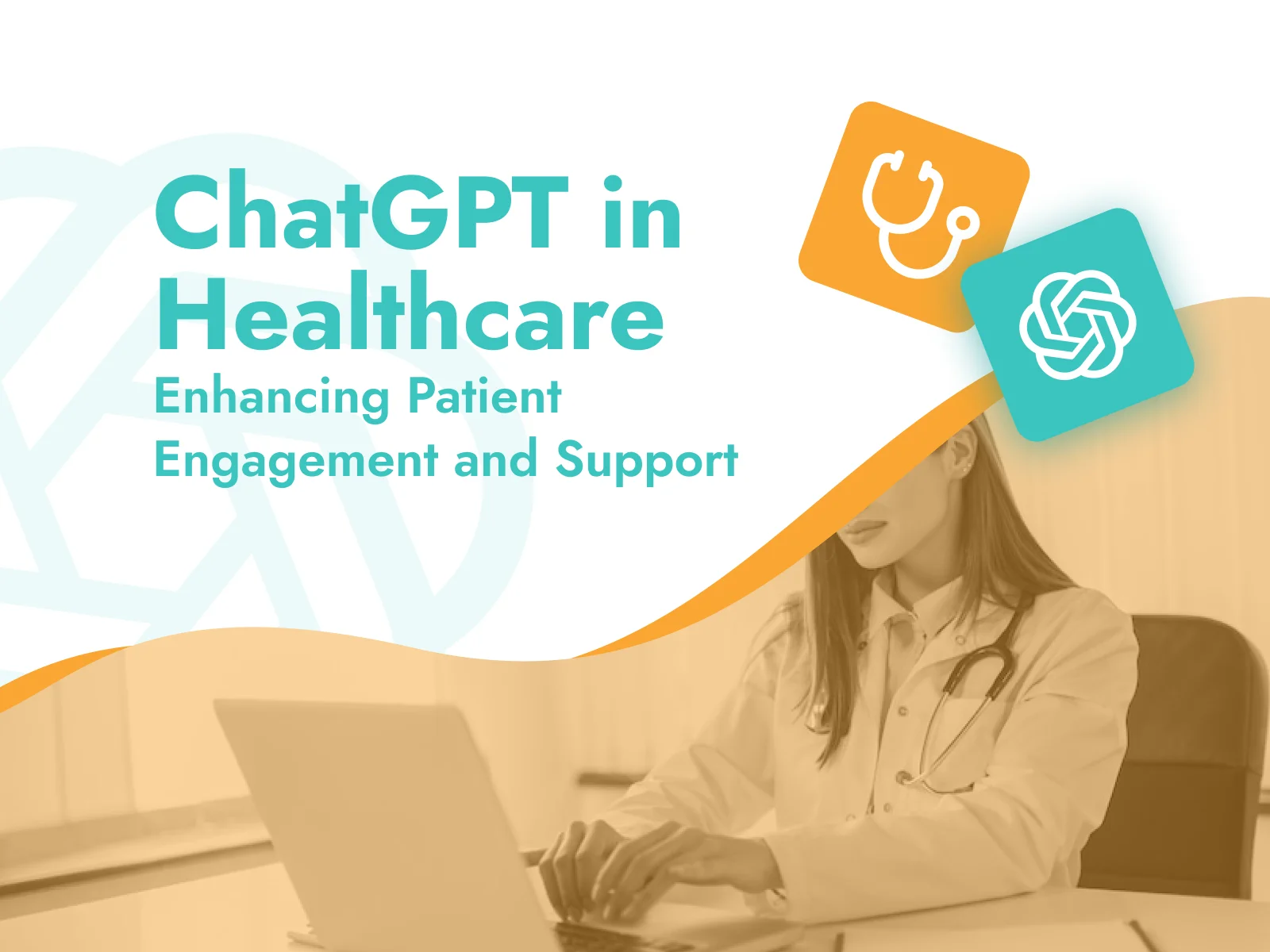



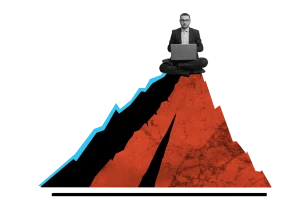


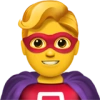

 30 mins free Consulting
30 mins free Consulting 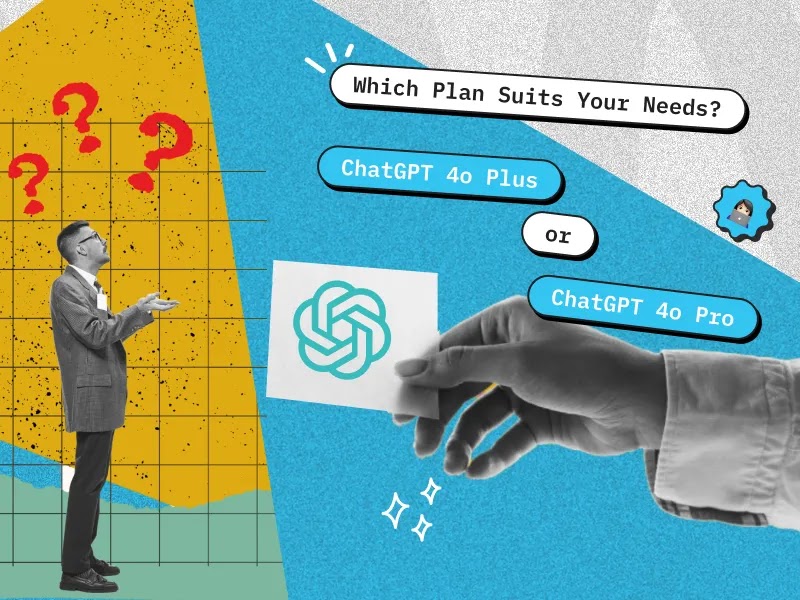
 11 min read
11 min read 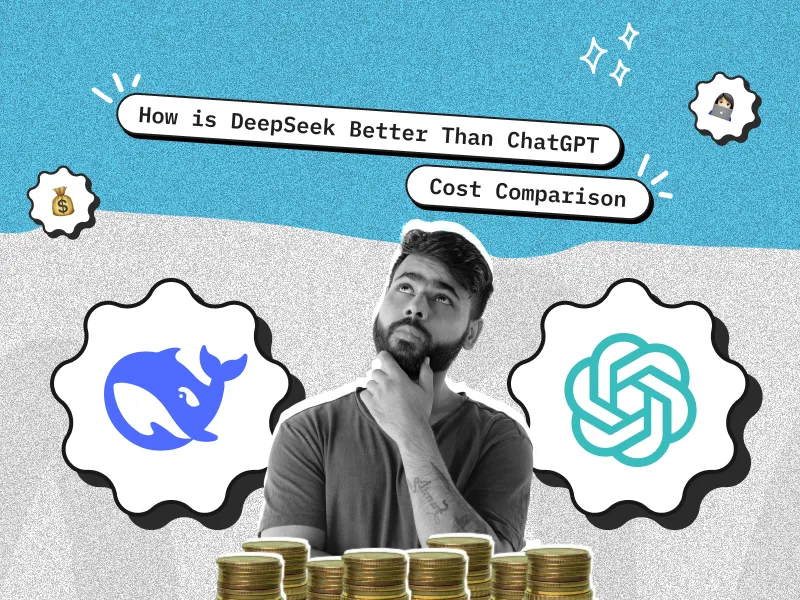
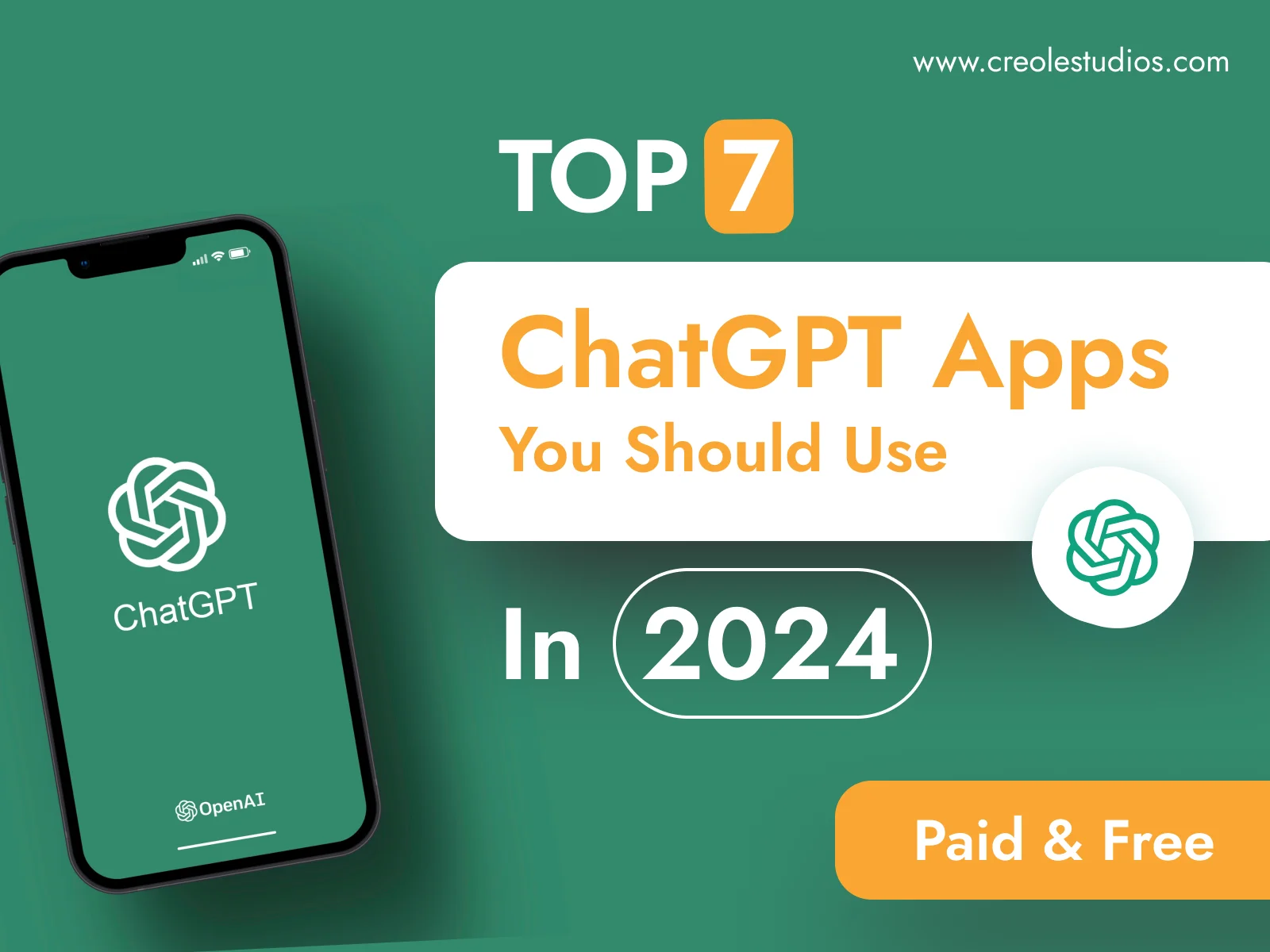
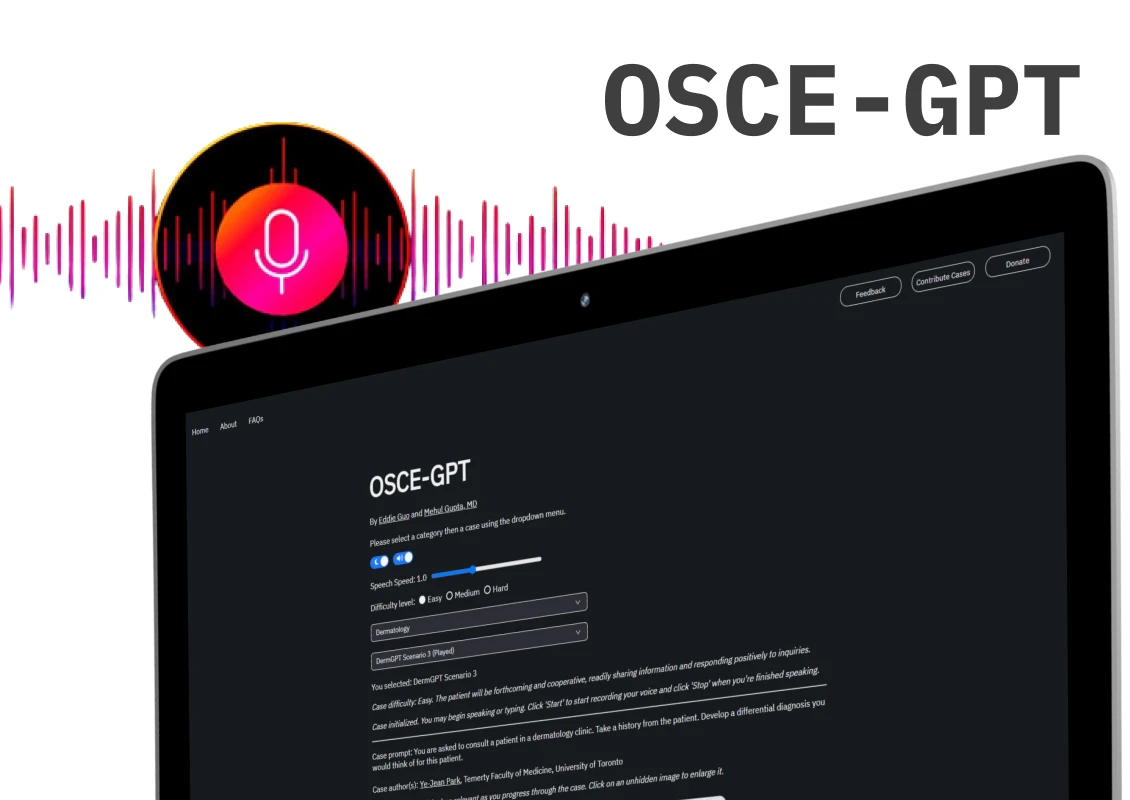
 Canada
Canada 





 Love we get from the world
Love we get from the world 